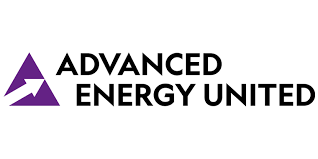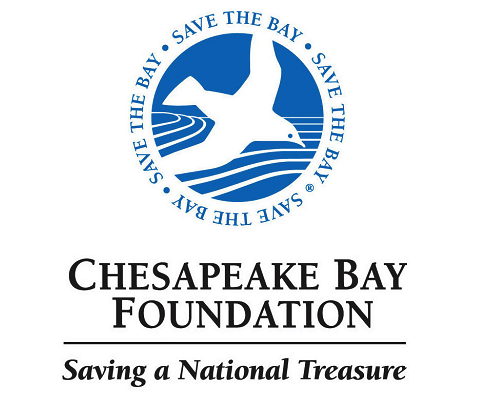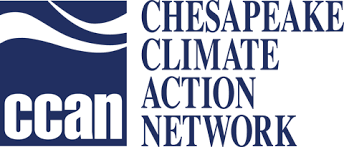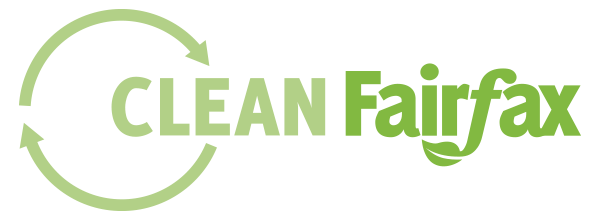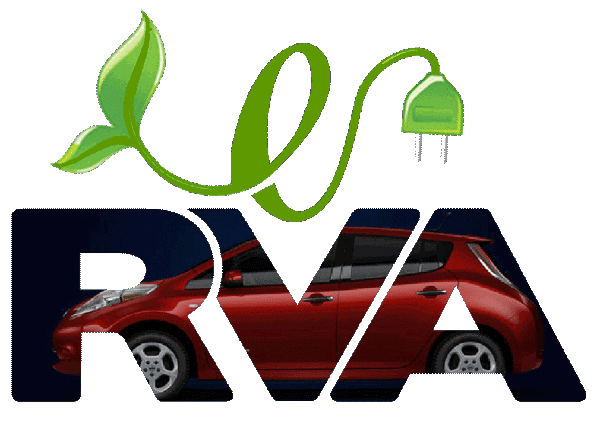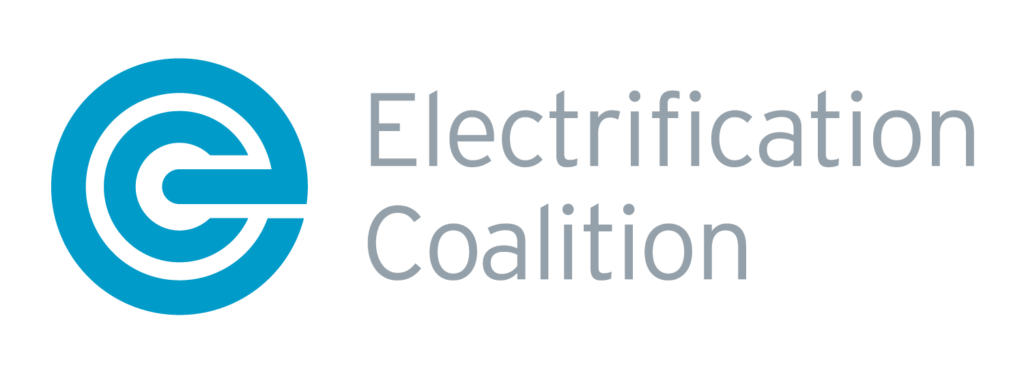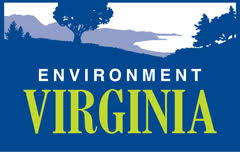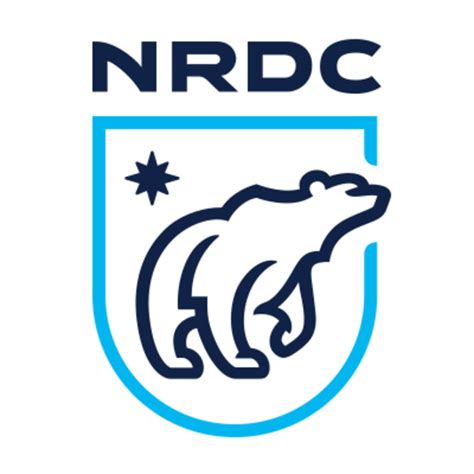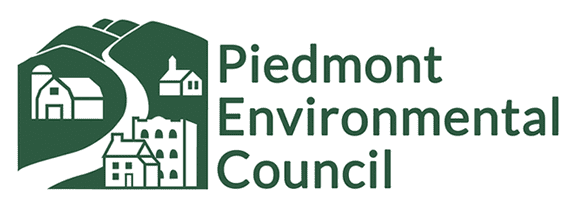ROUNDUP: Unlawful Effort to Drop Clean Car Standards

A hybrid car charges at Byrd Visitor Center, Shenandoah National Park, Virginia.
On Wednesday, June 5, Governor Youngkin announced his intent not to implement Virginia’s Clean Car Standards law. The announcement follows repeated failed attempts to overturn Virginia’s adoption of the Clean Cars Standard in the General Assembly. It is alarming that Governor Youngkin thinks that he is above the law. Just like with his illegal Regional Greenhouse Gas Initiative repeal (which is currently being challenged in court), Youngkin again thinks he can circumvent Virginia law and ignore bills passed by Virginia’s legislative body to cater to corporate polluters.
In 2021, the General Assembly took an important step toward reducing vehicle pollution by adopting the Clean Cars Standards (HB1965; Bagby). Federal law prohibits Virginia from writing its own regulations on tailpipe emissions, so Virginia exercised its authority under the federal Clean Air Act to join 17 other states in following the more rigorous Clean Car Standards, which better addresses tailpipe pollution.
How Virginia Benefits from Clean Car Standards
The Clean Cars Standards ramp up tailpipe pollution protections over more than a decade and started bringing cleaner gas-powered vehicles and a greater variety of electric vehicles to the Commonwealth in January 2024. Clean Car Standards benefit Virginians in many ways:
Lowered Emissions and Improved Public Health
Clean Car Standards reduce pollution from gas-powered cars and trucks. Transportation produces more than 40% of Virginia’s air pollution, which causes significant health problems to all Virginians statewide. Clean Car Standards are one of the best tools available to reduce toxic air pollutants, expand consumer choice, and drive economic development at local dealerships.
Greater Consumer Choice
Clean Car Standards offer more consumer choice at dealerships by ramping up requirements for manufacturers to sell cleaner gas-powered vehicles and electric vehicles at local dealerships over the next ten years. Without the Clean Car Standards, manufacturers will prioritize sending their new vehicle models to the other 17 states that have adopted Clean Car Standards, forcing Virginians to travel out of state to make cleaner vehicle purchases.
Growing Virginia’s Job Market & Economy
Similar to the Governor’s rejection of Ford Motor Company’s multi-billion dollar electric vehicle battery manufacturing plant in Southside Virginia, Youngkin’s rejection of Clean Car Standards will send electric vehicle jobs and investments to other states. Virginia will lose nearly one-third of our prospective car market to other states without Clean Car Standards. With many major motor companies preparing for near-complete transitions to clean vehicles, these are jobs and clean energy choices that will be lost.
Statements from the Community
Virginia Conservation Network Partners and other environmental organizations released the following statements opposing any effort to unlawfully remove Clean Car Standards from Virginia.
Last updated on June 6th, 2024.


